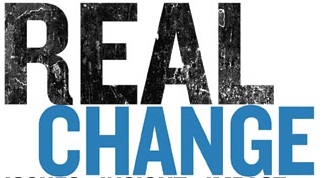The Danger of Complacency and Sin
No struggling or praying will enable you to stop doing certain things, and the penalty of sin is that you gradually get used to it, until you finally come to the place where you no longer even realize that it is sin… The deadliest attitude of the Pharisees that we exhibit today is not hypocrisy but that which comes from unconsciously living a lie. ~ Oswald Chambers, My Utmost for His Highest

Matthew 23:26 NASB
You blind Pharisee, first clean the inside of the cup and of the dish, so that the outside of it may become clean also.
God is always ready to forgive –
but we must never become complacent about sin and think it doesn’t matter. Rather, we must do whatever we can to avoid temptation and deal with sin when it happens.
God does not want us to take a neutral attitude toward sin.
Though He loves the sinner, He does not love sin. It is sin that separates man from God (Isaiah 59:1-2), yet He does not desire that any perish but that all should come to repentance (2 Peter 3:9).
The Danger of Complacency and Sin Read More »







 posted my fair share of cat photos. It’s a bit ridiculous how many profile pics are floating out there. Some are obscene; some are funny. Some are glamorous and some are downright narcissistic.
posted my fair share of cat photos. It’s a bit ridiculous how many profile pics are floating out there. Some are obscene; some are funny. Some are glamorous and some are downright narcissistic. event. Sophia Loren’s eyes look off to the side, staring at Jayne Mansfield’s cleavage. Could this be, perhaps, an example of envy being photographed?
event. Sophia Loren’s eyes look off to the side, staring at Jayne Mansfield’s cleavage. Could this be, perhaps, an example of envy being photographed?